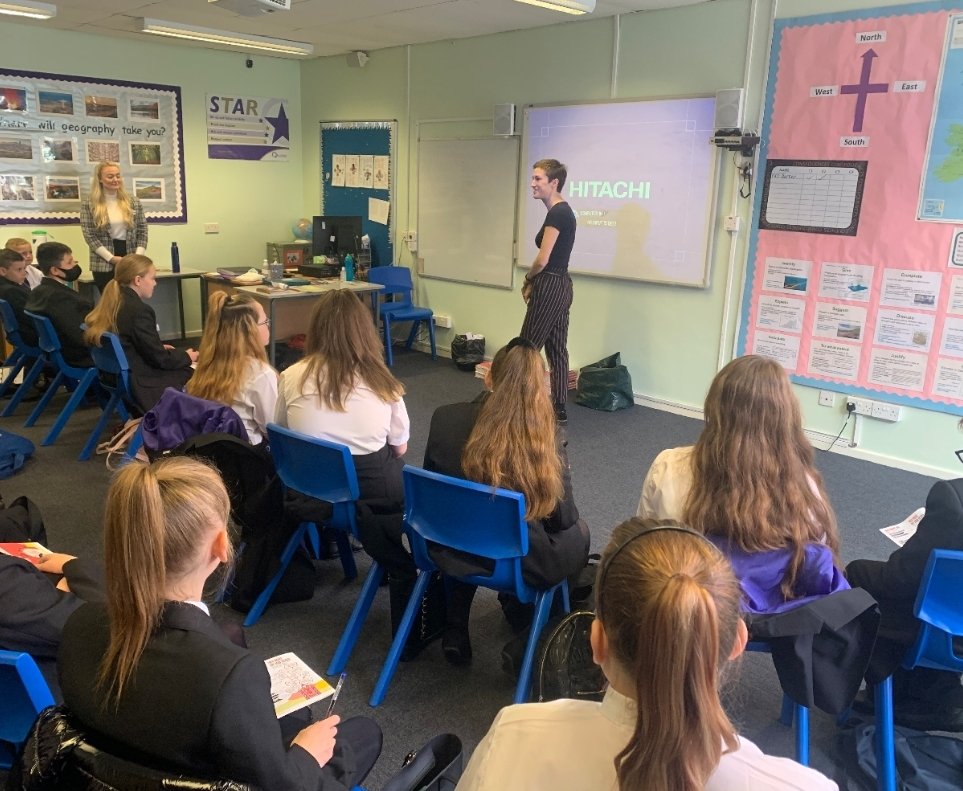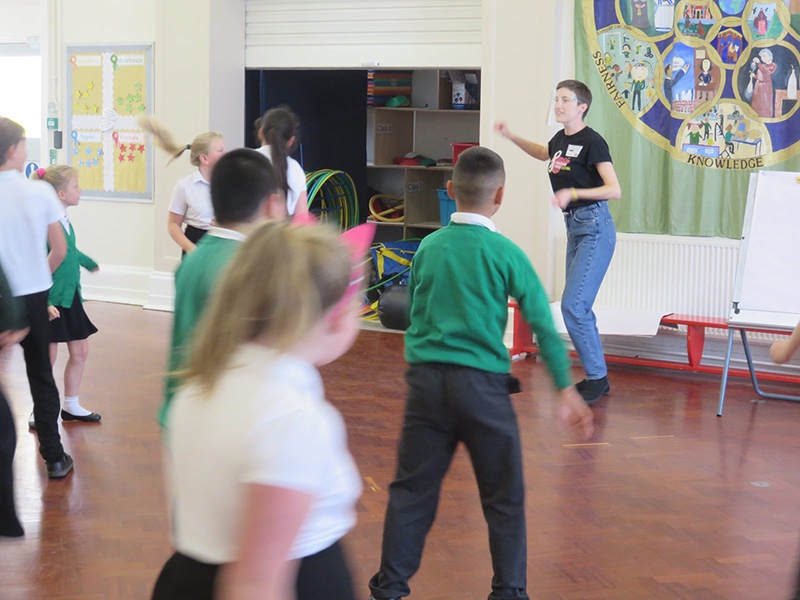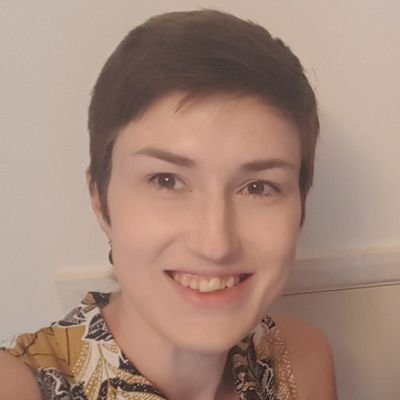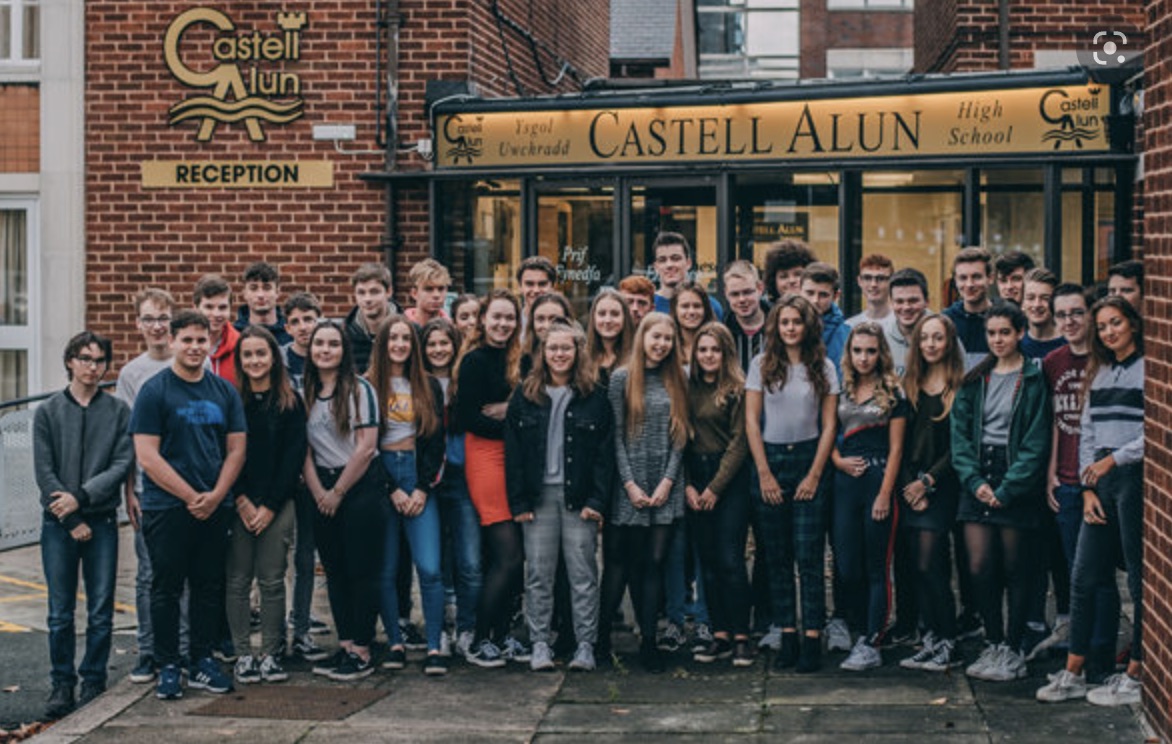Your voice is you
Talk The Talk
Welcome to our first Talk The Talk Trainer profile on Rowena English.
Rowena English was a ‘budding’ theatre producer until she realised that in order to do that she had to become a ‘business person’.
To her own volition a business person she is not, so after a lifetime in theatre, an interest in education and growing up with a mum as a classroom teacher (now a Dyslexia Specialist), Rowena decided to meld the two together into theatre and arts education.
Utilising her performance art in a way that makes sense to her, Rowena facilitates groups in schools in the North of England through Talk The Talk and the Shakespeare School Festival. She delivers workshops across all year groups from Talk About Transition and Talk About Communication to Talk About The Future.
It’s fair to say that Rowena is a seasoned professional and for those trainers that are undergoing their inductions with us at the moment, Rowena’s advice is to spend time with trainers with different styles, make notes or if you’re like Rowena get involved early on, talk to the students, do the exercises yourself and find your own delivery style.

‘I think that my drama background has helped me to get groups on side. When you do drama you have to get people to be very vulnerable very quickly and create a space where they feel safe.’
It’s ok to make mistakes.
‘Also, one of the other big things I’ve learnt from drama that Talk The Talk really embraces is mistakes. Making it ok to make mistakes. A lot of the games we play are far more fun if they go wrong, we do tongue twisters that always trip us up and it’s impossible not to laugh.
I tell them about the times I’ve said something silly, my first interview that I absolutely bombed, and all the stuff my brothers used to get up to when we were kids.’
Rowena knows that engaging with students can be a challenge sometimes and patience is a virtue. When chatting it’s interesting to hear Rowena’s perspective on the personal transition she sees across the years as well as within the workshops she facilitates.
Starting with the Year 6 & 7’s the main differences she sees in transition are that ‘most of them want to tell you all about themselves and something they enjoy doing, which is just lovely.’ Often they will be nervous but still confident. ‘What will the big kids do?’, ‘Will I get lost?’ but it gives them the opportunity to realise that all of them are worrying about the same thing and by simply turning to each other and saying hi quickly dispels a lot of the myths.
Between Years 9 and 10 is where Rowena notices a dramatic drop off in confidence. She puts this down to the fact that by this point they are far more aware of peer pressure and are much more worried about what their friends think of them. They volunteer less, are more self conscious and need someone else to think that what they’re talking about is interesting.
However, by Year 11 and into Years 12 and 13, it seems to balance out again, you can start to see individuality and students much more prepared to enter into a dialogue.
The teenage brain is not ready before 10am to do anything.
As we broach the most exciting part (in my opinion) of the interview, the practical aspects of how we enable confident communication through our workshops, I ask Rowena for some examples of where students have surprised her.
‘I’ve seen so many students at the beginning of the day that won’t look you in the eye, won’t tell you anything about themselves and by the end they are volunteering to do a speech about something that’s really important to them, to the whole room!’
One particular 15 year old boy Rowena remembers how he stood up and talked about the fact that he was adopted, what it was like and deciding whether they would contact his birth parents and the difficulty of having that conversation with his adoptive parents. ‘It was truly amazing, you could hear a pin drop.’

When it comes to topics, there are some serious subjects that our students are discussing, and want to express ranging from; sexism, video games, body image, confidence, adoption, coming out, racism and boy’s mental health.
We need to bust the myth that adults have it all figured out.
Rowena shares with me her thoughts on some of the myths that we need to bust in order to help students feel more comfortable. Showing them that nobody has it all figured out is one of them.
She gives a beautiful example of this that she shares with the class, of how she feels nervous everytime she walks into a classroom, to the students utter surprise they tell her ‘you don’t seem it’ in response she tells them how she’s ‘got good at hiding it’ and that she gets nervous because she cares.
‘The more open we can be as adults that we don’t know exactly where we will be in 5 years time is ok.’
She gives another example of a Year 11 student who told her she was 1/10 in confidence in terms of next steps, as she had no idea what she wanted to do and was very stressed. On questioning her, Rowena discovered that her perspective was that everyone else in her class knew what they wanted to do.
Rowena wasted no time in revealing the confidence scales of all the other students in the class, asking them ‘do you all know what you want to do?’ A resounding no came back, allaying any anxiety the student had. That’s the great thing about these workshops, you can show evidence through using tools like confidence scales to show students that they are not alone in their anxiety.
This is bolstered by the involvement of the teacher sharing their experiences, allowing the students to hear that experience, practice and making mistakes are the things that got them from a 4/10 to 10/10 in confidence.
As we draw to a close I ask Rowena what a key skill is for trainers to have.
Patience.
‘The skill you need as a trainer is patience. The teenage brain is not ready before 10am to do anything, especially first thing. When children come into the workshop I’m happy if they say anything to me!
Also, not taking anything personally. These kids are under so much pressure, hormones, peer pressure, whatever they are doing, chances are it’s nothing to do with you. They are projecting. I’ve had kids tell me some really personal stuff, they are starved of that one on one connection.
I love doing this work because it forces me not to take myself too seriously. Silliness plus making mistakes, pointing out your own mistakes and just showing that you care are key.’
Our conversation didn’t end there. Rowena had so much more to say and if you are a trainer or teacher you will want to hear the rest of our conversation and join the debate as we talk about the impact of Covid, Inclusivity and Mental Health.
I’m really pleased to announce that Rowena will be the very first interview on our brand new Talk The Talk podcast coming next month, where you can download the whole interview and you should, I promise you it’s worth it.
To find out more about our workshops click here.

Rowena joined Talk the Talk in 2019 and is thoroughly enjoying visiting schools across the country. She prides herself on building a strong rapport with students to support them in stepping out of their comfort zones, surprising themselves and often their teachers.
Since graduating from the University of Leeds with a BA and MA in English Literature, Rowena has developed a varied career in arts education. She has worked in schools’ outreach at the University of Leeds, as Assistant Director for Leeds Grand’s youth theatre and Actors in Training programme and enjoys a long-standing relationship with Shakespeare Schools Festival.
To find out more about our trainers click here.
Categories: Trainer Spotlight
